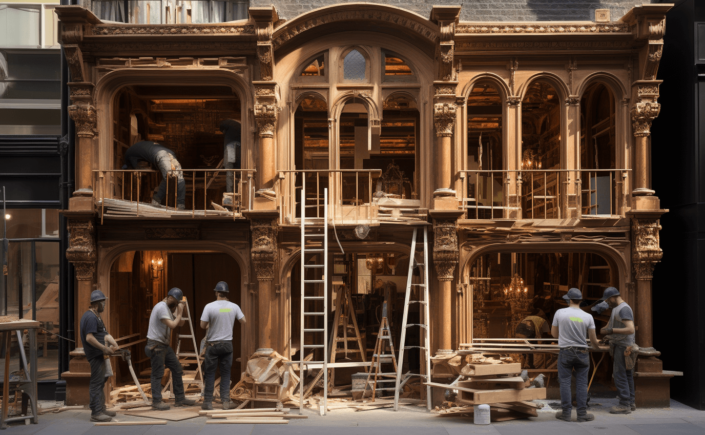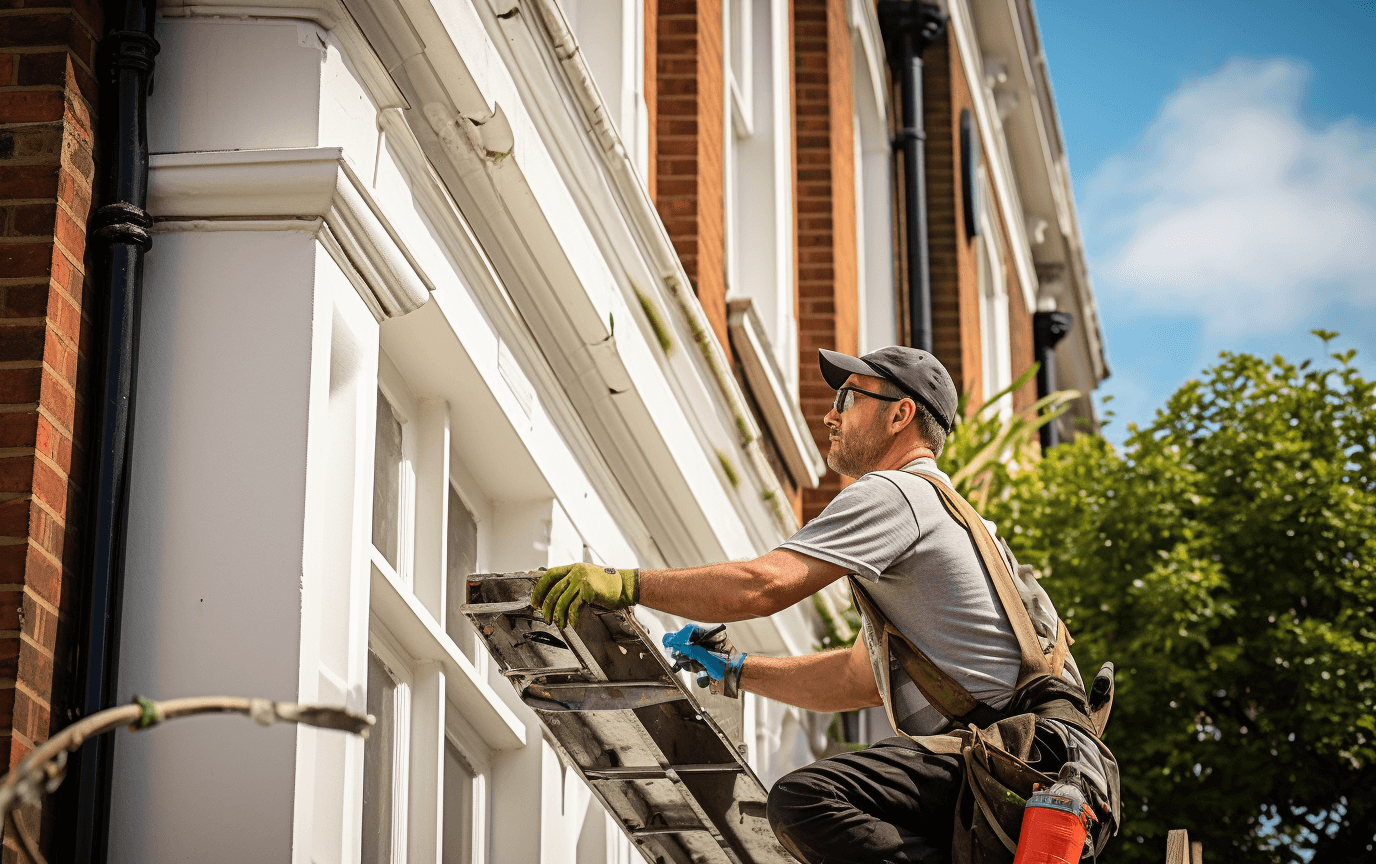Many homeowners and renters in the UK often find themselves in need of minor electrical repairs or installations. But when should you call a handyman, and what kind of electrical work can they handle? A handyman can offer a range of services, but it’s essential to understand the limitations to ensure the job is done safely and according to UK regulations. Here’s a look at what a handyman can do when it comes to electrical work.
1. Changing Light Fittings

One of the most common electrical tasks a handyman in North London can undertake is changing light fittings. Whether you’re updating the decor, replacing a faulty fixture, or making a switch to energy-efficient LEDs, a handyman can get the job done. They can safely disconnect the old fitting, install the new one, and ensure everything is working correctly.
2. Installing or Replacing Switches and Sockets

Handymen can also install or replace switches and sockets. If you have a switch that’s been sticking or a socket that’s seen better days, a handyman can replace them safely, ensuring they’re properly fitted and wired.
3. Repairing or Replacing Extractor Fans

Extractor fans, especially in bathrooms and kitchens, can experience a lot of wear and tear. When they start to fail, a handyman can often repair or replace them. They’ll ensure the fan is correctly wired and vented, providing optimal performance and safety.
4.Installing Light Dimmer Switches
If you’re looking to create a certain ambiance or save on energy costs, installing light dimmer switches can be a great option. A handyman can typically handle this task, adding a new level of control over your home’s lighting.
5. Setting Up Outdoor Lighting

From security lights to garden features, a handyman can help set up outdoor lighting. They can install new fixtures, replace bulbs, and ensure everything is correctly wired and weatherproofed. Handy man has become a jack of all trades, and these are just the most popular electrical work they can do.
Remember, electrical work can be dangerous if not performed correctly. It’s always worth getting a professional contractor in to ensure the job is done safely and up to regulation. Whether it’s a handyman for minor jobs or a certified electrician for larger projects, it’s crucial to find the right person for the task to keep your home safe and functional.









